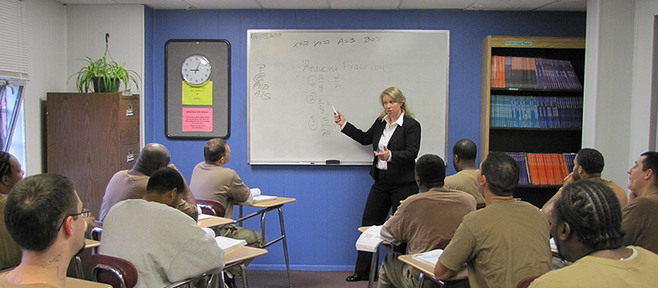A friend teases me, because I declared that I like Ross Douthat, this column by Douthat is a good example why I deserve to be teased, but still.
Here he is, on meritocracy and God:
‘This year the inspiration for the elegies was new data from Gallup showing that for the first time in its decades of polling, fewer than half of Americans claim membership in a church, synagogue or mosque. The fall has been swift: From 70 percent in 1999 to 47 percent in 2020. And lately the trend has inspired fewer Voltairean hosannas and more anxiety about a future where the impulses of religion are poured into politics instead.
When the last round of grim data on church affiliation came out in 2019, I played the contrarian and argued that the decline may be somewhat overstated, that it’s sharpest among lukewarm believers and very-occasional churchgoers, and that the core of religious practice in the United States looks somewhat more resilient than the dire headline numbers might suggest.
For this column, though, I’ll emphasize the negative: Even if there is a resilience in American religion — especially in evangelical Christianity, still the most numerically robust form of faith — it doesn’t alter institutional faith’s general weakness, its limited influence, its subordinate position to other personal affiliations, from partisanship to ethnic identity to sports or superhero fandom.
A key piece of this weakness is religion’s extreme marginalization with the American intelligentsia — meaning not just would-be intellectuals but the wider elite-university-educated population, the meritocrats or “knowledge workers,” the “professional-managerial class.”
Most of these people — my people, by tribe and education — would be unlikely models of holiness in any dispensation, given their ambitions and their worldliness. But Jesus endorsed the wisdom of serpents as well as the innocence of doves, and religious communities no less than secular ones rely on talent and ambition.’
(…)
‘But the obstacles are considerable. One problem is that whatever its internal divisions, the American educated class is deeply committed to a moral vision that regards emancipated, self-directed choice as essential to human freedom and the good life. The tension between this worldview and the thou-shalt-not, death-of-self commandments of biblical religion can be bridged only with difficulty — especially because the American emphasis on authenticity makes it hard for people to simply live with certain hypocrisies and self-contradictions, or embrace a church that judges their self-affirming choices on any level, however distant or abstract.’
(…)
‘My sense is that these two obstacles effectively work together to block people from religious faith. If someone has an experience that calls their unbelief into question, their association of traditional religion with sexual prohibitions or bigotry or scandal is often enough to keep them from being drawn by that experience to a church or synagogue.
Alternatively, if they feel drawn by a desire for community or moral formation to experiment with churchgoing — maybe in a community that’s liberal or “seeker-sensitive," rather than reactionary or Republican — then their materialist bias makes it hard for them to persevere, to get up early to perform rituals or recite creeds whose claims they can’t actually believe.
I don’t know exactly how this blocking pattern might be broken. But I will say that the second obstacle seems by far the weaker one. That is, I think I understand pretty well why my secular neighbors doubt the godliness of churches that seem to treat gay people or women unfairly or that appear to be led by fools and hypocrites. But I am more puzzled by secular-minded people who think the rationality of religion has, under modern conditions, somehow been disproved.’
(…)
‘Like Pascal contemplating his wager, it always seems to me that if you concede that religious questions are plausible you should concede that they are urgent, or that if you feel the supernatural brush you, your spiritual curiosity should be radically enhanced.’
Read Douthat here.
A couple of days ago I said to a friend that the US can only be understood if you take religion seriously.
He answered: ‘But people here are leaving churches, mosques and synagogues as never before.’
I thought that religion would be more resilient, not because I want religion to be more resilient but because I failed to imagine the US without a God in the center of its universe.
It’s an interesting take that you can save traditional religion only when you win back the educated classes.
But I would argue that the educated classes have at least partly their own religion.
Douthat admits it: ‘A lot of progressive ideas about social justice still make more sense as part of a biblical framework, which among other things might temper the movement’s prosecutorial style with forgiveness and with hope.’
The church knows a lot the prosecutorial style, but nowadays many churches seem to be more humble.
The morality police of the church is largely replaced by what Glenn Greenwald calls ‘the left’s creepy sexual morality police.’ Read Greenwald here.
Douthat underestimates that the need for a morality police is apparently more urgent than the need for a supranational being.
The educated classes: God? No thanks. Creepy morality police? Yes, please.
